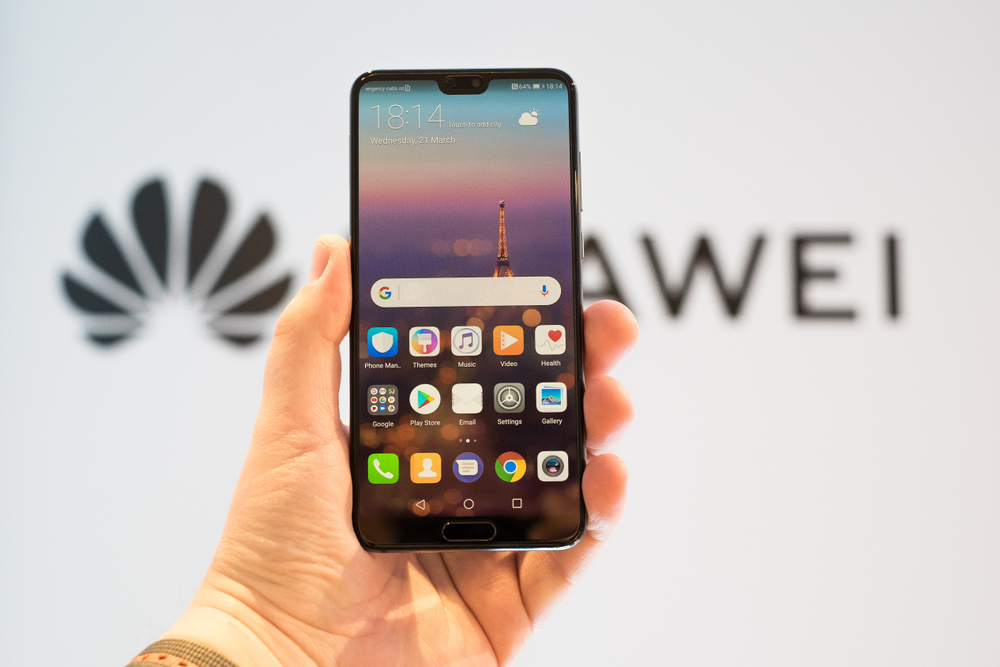Qualcomm gets permission to sell 4G chips to Huawei
American semiconductor companies had been banned from selling their products to the Chinese firm


Qualcomm has been granted permission from the US government to sell 4G mobile phone chips to Huawei, an exemption to the Trump administration’s trade restrictions imposed on the Chinese tech giant.
In September, all American semiconductor companies were banned from selling their products to Huawei. Moreover, the US Commerce Department announced that it would be expanding restrictions aimed at preventing Huawei from obtaining semiconductors without a special license, including foreign-made chips manufactured using US software or technology.
However, it seems as if the San Diego-based Qualcomm has been granted an exception to the rule.
A Qualcomm spokeswoman told Reuters that the company had “received a license for a number of products, which includes some 4G products”, but declined to comment on the specific 4G products Qualcomm would be allowed to sell to Huawei.
The spokeswoman also told the publication that Qualcomm has other license applications pending with the US government.
The news comes months after The Wall Street Journal reported that the American chipmaker had asked the Trump administration to ease the restrictions on the sale of components to Huawei and allow it to sell chips to the company for use in its 5G phones.
Although the decision might be seen as a gracious move from the Trump administration, it is unlikely to be of much help to Huawei if it only involves 4G products, especially due to the mass shift to 5G infrastructure and accompanying devices.
Sign up today and you will receive a free copy of our Future Focus 2025 report - the leading guidance on AI, cybersecurity and other IT challenges as per 700+ senior executives
Although Qualcomm is the largest mobile phone chip supplier globally, Huawei was not its biggest customer, using Qualcomm chips only in cheaper device models.
This was largely due to Huawei’s ability to assemble its own semiconductors for its flagship handsets. However, this was halted in September, when the Trump administration imposed trade restrictions which blocked Huawei’s access to chip design software and fabrication tools sourced from US manufacturers.
On 10 August, the Chinese tech giant confirmed that the US sanctions would seriously affect the production of its most advanced smartphone chips, forcing it to run out of its high-end Kirin 9000 chipset in mid-September. At the time, CEO of Huawei’s consumer business unit Richard Yu said that “this year may be the last generation of Huawei Kirin high-end chips”.
Having only graduated from City University in 2019, Sabina has already demonstrated her abilities as a keen writer and effective journalist. Currently a content writer for Drapers, Sabina spent a number of years writing for ITPro, specialising in networking and telecommunications, as well as charting the efforts of technology companies to improve their inclusion and diversity strategies, a topic close to her heart.
Sabina has also held a number of editorial roles at Harper's Bazaar, Cube Collective, and HighClouds.
-
 Microsoft unveils Maia 200 accelerator, claiming better performance per dollar than Amazon and Google
Microsoft unveils Maia 200 accelerator, claiming better performance per dollar than Amazon and GoogleNews The launch of Microsoft’s second-generation silicon solidifies its mission to scale AI workloads and directly control more of its infrastructure
-
 Infosys expands Swiss footprint with new Zurich office
Infosys expands Swiss footprint with new Zurich officeNews The firm has relocated its Swiss headquarters to support partners delivering AI-led digital transformation
